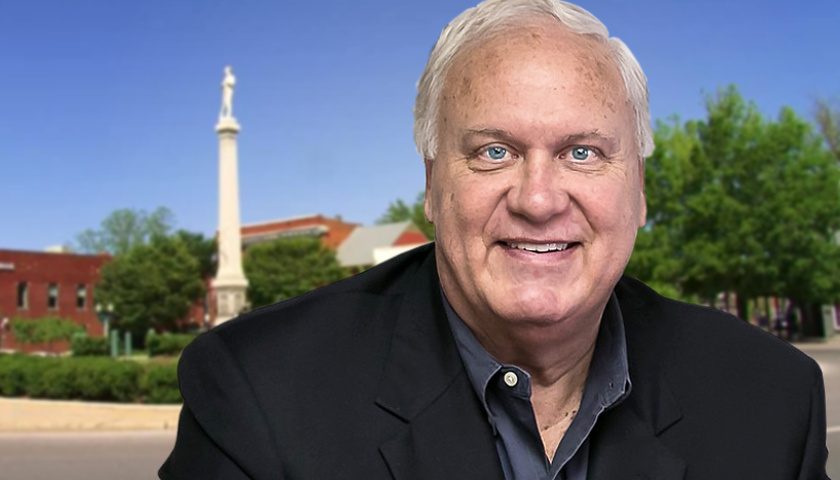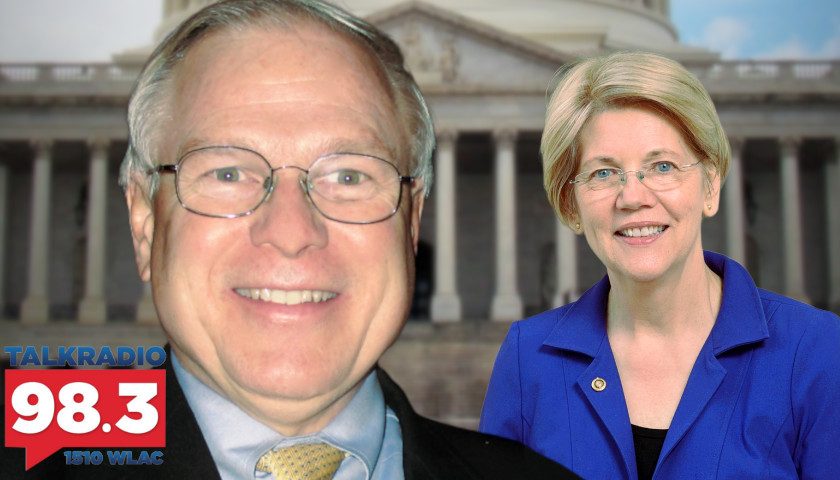How the Teachers Union Has Manipulated the State
into Subsidizing Political Action
For over three decades the Tennessee Education Association (TEA) has held a privileged position in regard to payroll deduction of membership dues for Tennessee teachers. It is a virtual monopoly that is inherently unfair to both educators and taxpayers. The primary purpose is retaining political power rather than promoting professional growth for the members.
Tennessee has clearly established that teachers should have the right to join the professional association of their choosing, so it follows that we should establish a process that makes the payment of their dues to their chosen organization fair, honest and simple. Many of the districts who currently offer payroll deductions to support the TEA are not allowing the choice of other organizations, or they impose barriers to equal access to the teachers in the system in order to create an almost insurmountable obstacle to competition. With the union’s unified dues structure, this means school districts are not only collecting local and TEA dues, but NATIONAL Education Association (NEA) dues as well.
FUNDING POLITICAL ACTIVITIES
Determining political activity has never been fully vetted or explained. In Tennessee the Attorney General confirmed last June (AG Opinion No. 16-22, June 8, 2016) that “payroll deductions” shall not include any provisions permitting “payroll deductions for political activities” (§49-5-608(a)(7), (b)(6)) and that “payroll deductions are always permitted, so long as they are not for political activities”. Teachers union members do not have the option of opting out of any portion of these dues, which means that the dues inherently fund political activities by funding NEA operations as a whole and paying for Uniserv Coordinators who are specifically instructed in acting as political agitators. However, despite the clear law in Tennessee, the union continues to receive payroll deductions for dues from most districts across the state.
The Federal Election Campaign Act exempts unions from limits on campaign contributions and expenditures, as well as some reporting requirements. Union bigwigs can spend unlimited amounts on communications to members and their families in support of, or opposition to, candidates for federal office, and they need not report these expenditures if they successfully claim that union publications are primarily devoted to other subjects. There is often a vast disparity between the politics of union members and the political expenditures made by union leadership
By contrast, other professional employee organizations such as Professional Educators of Tennessee have no such political or social agenda. PET’s political involvement is strictly limited to advocacy for state education issues that affect educators, and dues collected are never used to fund political candidates, campaigns or PACs. Teachers who prefer not to fund political efforts that are inconsistent with their own views should be fully informed that they CAN make a choice to have their dues fund professional development and teacher-oriented policies ONLY.
SUBSIDIZING UNION EXPENSES
The deduction of dues via payroll deduction has served not only to directly fund the teachers’ union, but to alleviate their dues collection expenditures. Other organizations have had to seek alternative methods of collecting dues in monthly installments, with the automated option being to set up recurring payments from bank accounts via merchant processors. Any business that receives money via credit, debit, or direct draft from a checking account pays a percentage fee to the company that processes the transaction. These fees typically range from 3-5% depending on the payment type. There is an obvious administrative cost to this process; in the case of payroll deductions, there is a staff member whose job is to enter and track deductions, making adjustments each year or when a teacher goes on any type of leave or terminates employment. The union’s assertion that there is no cost to payroll deduction is ridiculous. It is no wonder that the union is desperate to hang on to this taxpayer-subsidized service that that they have enjoyed for decades, rather than having to pay the administrative costs of a staff member’s time and merchant processor fees themselves.
TRANSPARENCY & EQUITY
In addition, individual payroll deduction authorizations should not be a one-and-done process. Currently, a teacher signs up for payroll deduction when they begin teaching in a district and reauthorization is rarely necessary. Annual authorization of dues deductions should be required for all organizations so that teachers are made aware of all options and are able to make an informed decision. A delineation of exactly which organizations their dues payments are going to should be required as well. We often hear the virtues of more consumer involvement and transparency in our healthcare purchases, and the inherent value of informed competition. Wouldn’t the same be good for our teachers in assessing the value and cost of their professional association?
The unified dues structure of the union is also initially unclear or misunderstood by many new teachers. In Tennessee it has been muddied further by the TEA’s re-classification from a 501(c)5 to a 501(c)6 as a marketing ploy in order to refer to themselves as a “professional association” rather than a labor union. Many teachers do not even realize that they are being forced to fund NEA activities by joining, or that they have other options until much later in their careers. In the flurry of the beginning of a school year as fresh new teachers, these details are easily glossed over. A clear outline of exactly to whom dues are being paid AND WHAT THEY ARE FUNDING should be presented along with the annual authorization in the interests of full disclosure.
Teachers deserve the respect and protection of the state in regard to their career interests. We should all embrace a professional development membership process for our teachers that is fair and equitable rather than tilted in favor of supporting a labor union’s political interests that are often ideologically out of sync with the values of so many Tennessee teachers. Providing accurate information, transparency and fairness is the first but important step to that goal.
– – –
Steve Gill is a conservative political strategist and media consultant. He is a former nationally syndicated radio talk host who has been actively involved in education issues in and out of the classroom for decades.





